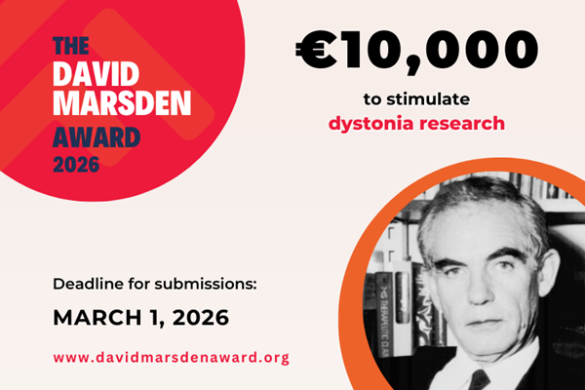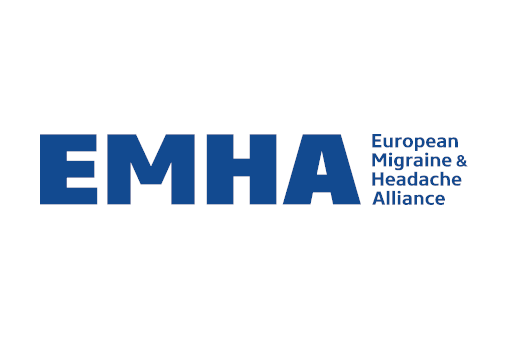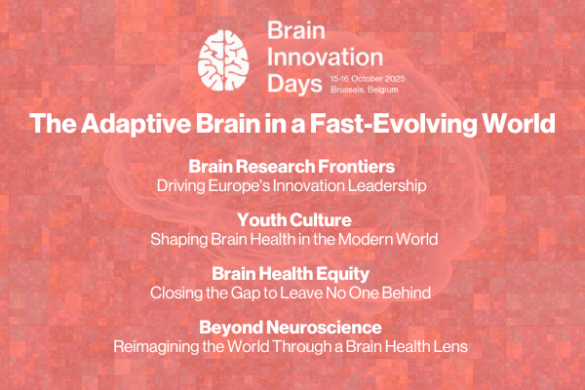By Martin Rakusa, EAN eCommuncations Committee
“Health data standardisation workshop: looking at the implementation of the 11th International Classification of Diseases (ICD-11) and the International Classification of Functioning, Disability and Health (ICF)”
The Societal Impact of Pain (SIP) has organized a workshop “Health data standardisation workshop: looking at the implementation of ICD-11 and ICF” on November 6th 2019. More than 60 scientific experts, decisions makers and patients’ representatives gathered at the Permanent Representation of the Federal Republic of Germany to the European Union in Brussels.
Joint use of the ICD-11 and the ICF enables holistic view of person’s health, individualized pain management, improves health care documentation, standardisation and quality control at the personal and population level. One of the significant problems with management of pain is the lack of а “health system quality indicator” for pain which could be addressed combining ICD-11 and ICF.
The workshop lasted four hours and was divided into two parts. In the first part, three topics were addressed. The workshop was opened by Ortwin Schulte, member of the German Permanent Representation at the EU and Rolf-Detlef Treede from the European Pain Federation EFIC.
Mr. Schutle briefly described challenges to the next German presidency in 2020. One of them will be health legislation in the field of pharmaceuticals, blood and blood products and orphan drugs among others. Dr. Treede presented questions on digital health. The new version of the ICD-11 will be available as a database only. Chronic pain will be recognised as a symptom or as a disease in the ICD-11. It will be divided into primary pain and secondary chronic pain (cancer, postsurgical and four other entities). This will enable better coding, multimodal pain management, health care statistics, facilitate cross border healthcare and research in the member states and the EU. Combining ICD-11 and ICF, chronic pain could be used as a health care indicator.
The next session was on “Health data standardisation: the role and benefits of the implementation of ICD-11 and ICF”. Deirdre Ryan from Pain Alliance Europe presented how changes in the ICD-11 will effect patients. For example, if the condition is unrecognized in the coding system, patients cannot take sick leave. The next speaker was Audun Stubhaug from the Oslo Institute of Clinical Medicine. He presented results from pilot testing for the chronic pain classification for ICD-11. The survey concluded that ICD-11 was easy to learn and implement. He also presented various types of registers, which are source data on patients with pain. Omer Vanhaute (Belgian ICF Platform) presented experience of ICF in daily practice in Belgium. ICF is not widely used in Belgium. One of the reasons is that most of the medical and health sciences curricula do not have or have very little hours dedicated to the ICF. Another reason is that it is time-consuming, has a complex core set and no digital support. At the end of the session, Thomas Ganslandt from the University Medicine Mannheim, Heidelberg University, gave a talk on Digital Health research platforms. As an example, he presented the Medical Informatics Initiative Germany, in which four consortia and 33 university hospitals collaborate. For a successful platform it is necessary that data are harmonised and organized so that all partners can gain access and use them in collaboration. Combination of the ICD-11 and the ICF can present an opportunity to improve data structure and provide rapid and cost effective analysis of patients’ data.
The title of the third topic was “Getting health data standardisation in place: concrete policy recommendations of effective ICD-11 and ICF implementation.” Antonia Barke from the Catholic University Eichstatt-Ingolstadt presented implementation of the ICD-11 around Europe. In the first pilot testing, 507 patients from four countries were involved. Results were encouraging. Diagnosis for only 3% of all patients with pain were unspecified. Coders found ICD-11 diagnoses useful and easy to use. More testing was led by WHO with 177 participants. All coders received only short training in slides. More correct diagnostic codes were allocated using ICD-11 than ICD-10 (63% vs. 42%). More than 88% of participants found ICD-11 easy or very easy to use and much more precise than ICD-10 (87% vs. 47%). In addition, they found communication, documentation and management very easy to use. Similar results were obtained in a large multi-centre study which included more than 400 participants from 23 countries. Based on these results, Prof. Barke concluded that ICD-11 should be implemented across the EU as soon as possible. Melissa Selb (ICF Research Branch, Swiss Paraplegic Research) pointed out that primary healthcare providers must understand pain and consider it a priority. In addition, policymakers should understand the benefits of ICD-11 and ICF. With an integrated approach bringing together diverse relevant specialists, management of pain can be improved.
After a coffee-break, discussion followed for more than an hour. During this time, delegates discussed various aspects of the implementation of the ICD-11 and ICF before January 2022. There are also several challenges related to update, maintenance and dissemination of both ICD-11 and ICF.
At the end of the workshop, four recommendations were proposed:
- Make chronic pain management a European public health priority using WHO’s classifications ICD-11 and ICF.
- Make ICD-11 and ICF digitally usable for the management of chronic pain in national and cross-border healthcare.
- Use ICD-11 and ICF to identify barriers to social inclusion of people living with chronic pain.
- Involve all relevant stakeholders in the implementation of ICD-11 and ICF.
Recommendations were presented and accepted the next day, at the SIP 2019 Symposium “Bringing Pain Policy to the next Decade”. For each recommendation, calls were made toward EU Commission and member states. Last but not least, a letter to the German health minister was prepared describing previously mentioned recommendations which should be discussed during the German presidency of the EU. The letter was endorsed by several international organisations and professional societies. Through all these activities, we may hope for a more promising future for patients with pain.
More photos can be seen at https://www.sip-platform.eu/resources/details/icd-11-and-icf-workshop-in-brussels.














